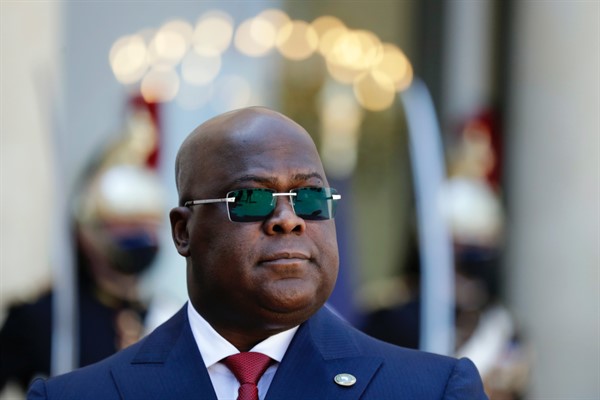Last week, the United Nations’ top court ordered Uganda to pay the sum of $325 million to the Democratic Republic of Congo for the East African country’s role in the brutal war there at the turn of the century. The International Court of Justice, or ICJ, ruled on Feb. 9 that Uganda had violated international norms as an occupying force between 1998 and 2003, and was responsible for the deaths of up to 15,000 people in Congo’s eastern Ituri region. Ugandan troops were also found to have looted precious gold, diamonds and timber from Congo.
The case is both an illustration of the failure of Africa’s continental and regional bodies to help resolve such disputes before they wind up at the ICJ, and a cautionary tale about the difficulties those bodies will face in achieving their ambitious goals of integration in the face of residual disputes among their member states.
The $325 million awarded to Congo is a fraction of the more than $11 billion that Kinshasa sought. Congo initially filed the case with the ICJ in 1999, citing acts of armed aggression on its territory by Ugandan forces “in flagrant violation of the United Nations Charter and of the Charter of the Organization of African Unity.” The court has ordered Kampala to pay the sum in five instalments of $65 million, beginning this September and concluding in 2026.

